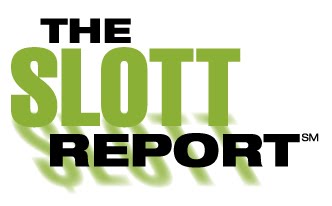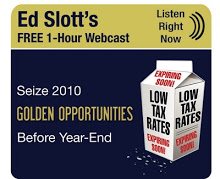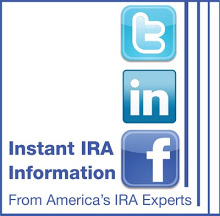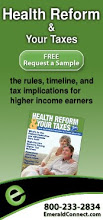In 2011, most American taxpayers are scheduled to be hit by a variety of tax changes that will dramatically affect the weight of their wallets, and not in a good way.
Tax cuts enacted by Congress in 2001 and 2003 at the behest of President Bush are set to expire, precipitating a sharp rise in personal income tax rates. The top income tax rate would increase from 35% to 39.6%. The lowest rate, 10%, would rise to 15%. All the rates in between would also increase. The full list of marginal rate hikes is as follows:
The 10% bracket rises to 15%
The 25% bracket rises to 28%
The 28% bracket rises to 31%
The 33% bracket rises to 36%
The 35% bracket rises to 39.6%
Itemized deductions and personal exemptions are scheduled to again phase out, which would mean more taxes paid by individuals. Also scheduled for phase out is marriage penalty relief. The child tax credit is scheduled to drop from $1,000 to $500 per child. Higher tax rates will also affect savers and investors. The long term capital gains tax rate rises from 15% to 20% and the tax rate on dividend payments will rise from 15% up to a maximum of 39.6%.
Without any relief from Congress, it is estimated that the Alternative Minimum Tax (AMT), enacted way back in 1969 to ensure that “wealthy” individuals pay their fair share of taxes, will ensnare 28 million families in 2011, up from just 4 million in 2009. Historically, Congress enacts a patch each year which accounts for the low number of families paying that tax in 2009.
This year, there is no federal estate tax, regardless of the size of the decedent’s estate. If Congress fails to act (which is how the federal estate tax expired in the first place), for those dying after December 31, 2010 there will be a 55% top death tax rate on taxable estates over $1 million.
Americans will no longer be able to use pre-tax dollars held in health savings accounts (HSAs), flexible spending accounts (FSAs), or health reimbursement accounts (HRAs) to purchase non-prescription, over the counter medicines.
The message to be taken from all this, clearly, is that it’s more important than ever to start your tax planning now in order to mitigate as much as possible the detrimental effects of these tax increases (possibly) lurking just around the corner. Unfortunately, we have much more to fear than fear itself!
By IRA Technical Consultant Marvin Rotenberg and Jared Trexler
------------------------------------------------------------------------------
Comment, Question, Discussion Topic on your mind? Click on the Blue Comment Link below and leave your thoughts then check back to see what other consumers and advisors think.
*Copyright 2010 Ed Slott and Company, LLC
Monday, September 13, 2010
A Wave of Tax Hikes Coming in Just 4 Months
Subscribe to:
Post Comments (Atom)
















0 comments:
Post a Comment